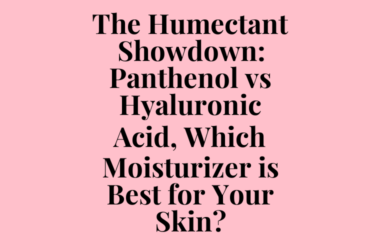When it comes to addressing dark spots and hyperpigmentation, two ingredients often come to mind: hydroquinone and kojic acid. Both have been touted as effective solutions for skin brightening, but which one is truly better?
Table of Contents
What are Hydroquinone and Kojic Acid?
Hydroquinone is a topical treatment that has been widely used for decades to reduce the appearance of dark spots, acne scars, and hyperpigmentation. It works by preventing the production of melanin, the pigment responsible for skin color, thereby reducing the darkness of affected areas. Hydroquinone is available in various concentrations, with 2% being a common and effective strength.
Kojic acid, on the other hand, is a natural byproduct of fungal fermentation. It has been used for centuries in traditional Japanese medicine to treat various skin conditions, including hyperpigmentation. Kojic acid works by inhibiting the production of melanin, just like hydroquinone, but it also has antioxidant properties that help protect the skin from further damage.
Hydroquinone: The Pros and Cons
Hydroquinone is a popular choice for skin brightening due to its effectiveness and affordability. However, it has some drawbacks. At high concentrations, hydroquinone can cause side effects such as redness, itching, and burning. Prolonged use can also lead to resistant skin, making it less responsive to treatment.
Additionally, hydroquinone has been linked to ochronosis, a condition characterized by blue-black hyperpigmentation. Although this is rare, it can occur, especially in individuals with fair skin.
Kojic Acid: The Pros and Cons
Kojic acid is a gentler alternative to hydroquinone, making it a popular choice for those with sensitive skin. It is also natural and non-toxic, reducing the risk of side effects and irritation.
However, kojic acid may not be as potent as hydroquinone, and it can take longer to see results. Additionally, it can cause temporary redness and itching, although these side effects are generally mild and temporary.
Comparing the Two
When it comes to effectiveness, both hydroquinone and kojic acid can produce impressive results, especially when used consistently and in combination with other skincare products. However, hydroquinone may have a slight edge in terms of speed and intensity of results.
On the other hand, kojic acid is a more gentle and natural option, making it a better choice for those with sensitive skin or who prefer a more holistic approach to skincare.
A Summary Comparison
Here’s a summary comparison of the two ingredients:
| Hydroquinone | Kojic Acid | |
|---|---|---|
| Effectiveness | High | Moderate |
| Speed of Results | Fast | Slow |
| Side Effects | Common (redness, itching, burning) | Rare ( temporary redness, itching) |
| Natural Alternatives | None | Yes (natural byproduct of fungal fermentation) |
| Compatibility | Suitable for most skin types | Suitable for sensitive skin |
Recommended Hydroquinone Products
-
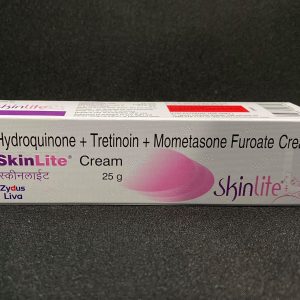 Skinlite Cream 25gKD4.000
Skinlite Cream 25gKD4.000 -
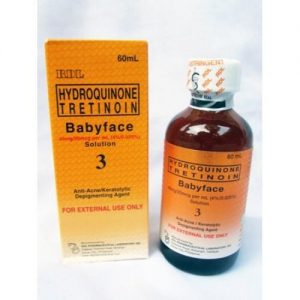 RDL Babyface Solution No. 3 60mlKD2.000
RDL Babyface Solution No. 3 60mlKD2.000 -
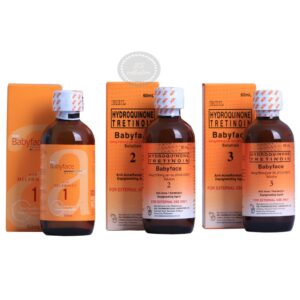 RDL Baby Face Solutions #1, #2 Or #3 60mlKD2.000
RDL Baby Face Solutions #1, #2 Or #3 60mlKD2.000 -
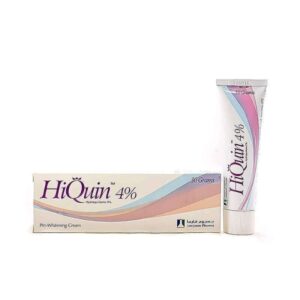 4% Hydroquinone HiQuin Cream 30gKD4.000
4% Hydroquinone HiQuin Cream 30gKD4.000 -
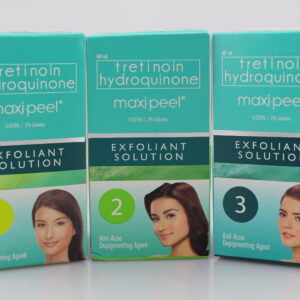 Tretinoin, Hydroquinone Maxi-Peel Exfoliant Solution 60 mLKD2.000
Tretinoin, Hydroquinone Maxi-Peel Exfoliant Solution 60 mLKD2.000 -
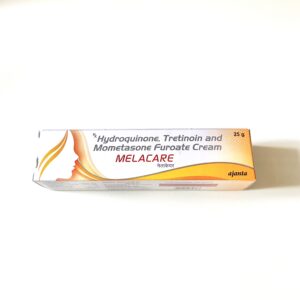 Melacare Hydroquinone + Tretinoin + Mometasone Furoate Cream 25gKD3.500
Melacare Hydroquinone + Tretinoin + Mometasone Furoate Cream 25gKD3.500 -
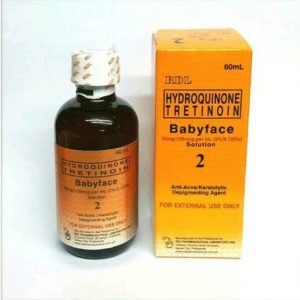 RDL Babyface Solution No. 2KD2.000
RDL Babyface Solution No. 2KD2.000 -
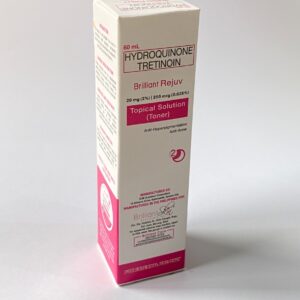 Hydroquinone Tretinoin Brilliant Rejuv Toner 60mlKD3.000
Hydroquinone Tretinoin Brilliant Rejuv Toner 60mlKD3.000 -
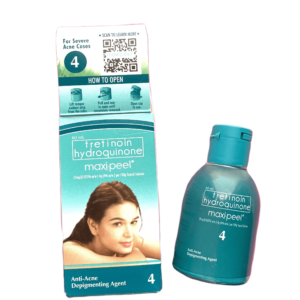 0.025% Tretinoin 4% Hydroquinone Maxi-Peel Solution No.4 60mLKD2.000
0.025% Tretinoin 4% Hydroquinone Maxi-Peel Solution No.4 60mLKD2.000
Recommended Kojic Acid Products
-
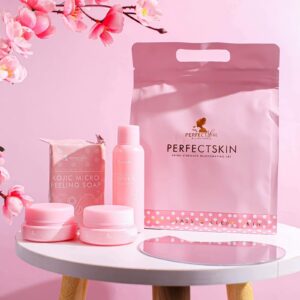 Perfect Skin Extra Strength Rejuvenating SetKD7.000
Perfect Skin Extra Strength Rejuvenating SetKD7.000 -
 Brilliant Skin Lightening Natural Care Body Lotion – 600mlKD4.000
Brilliant Skin Lightening Natural Care Body Lotion – 600mlKD4.000 -
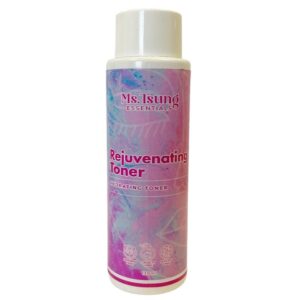 Ms.Tsung Rejuvenating Toner 120mlKD3.990
Ms.Tsung Rejuvenating Toner 120mlKD3.990 -
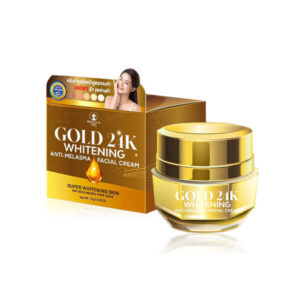 Precious Skin Gold 24K Whitening Anti-Melasma Facial Cream 15gKD2.450
Precious Skin Gold 24K Whitening Anti-Melasma Facial Cream 15gKD2.450 -
 Dr.Davey Kojic Body Lotion All Day Hydrating & Smoothing – 300mlKD2.490
Dr.Davey Kojic Body Lotion All Day Hydrating & Smoothing – 300mlKD2.490 -
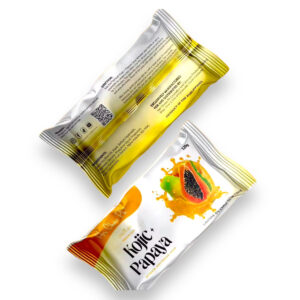 Her Choice Kojic Papaya Soap 120gKD2.500
Her Choice Kojic Papaya Soap 120gKD2.500 -
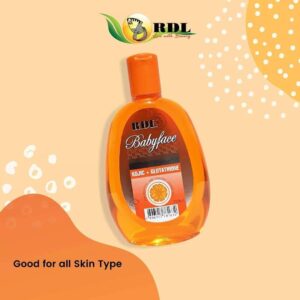 RDL Babyface Facial Cleanser with Kojic + Glutathione 250mLKD2.000
RDL Babyface Facial Cleanser with Kojic + Glutathione 250mLKD2.000 -
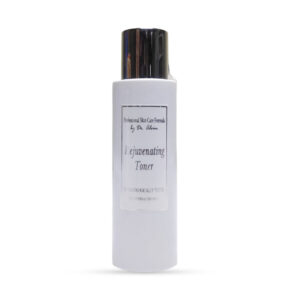 Dr. Alvin Rejuvenating Toner 120mlKD4.000
Dr. Alvin Rejuvenating Toner 120mlKD4.000 -
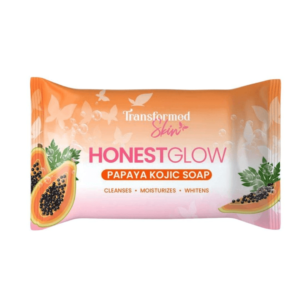 Honest Glow Papaya Kojic Soap – 70gKD2.500
Honest Glow Papaya Kojic Soap – 70gKD2.500 -
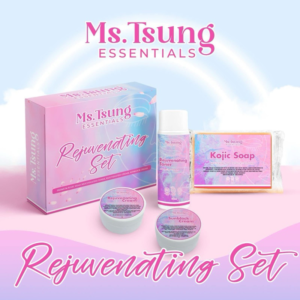 Ms.Tsung Rejuvenating SetKD7.000
Ms.Tsung Rejuvenating SetKD7.000 -
 Rosmar Kojic Papaya 6 in 1 Rejuvenating SetKD7.000
Rosmar Kojic Papaya 6 in 1 Rejuvenating SetKD7.000 -
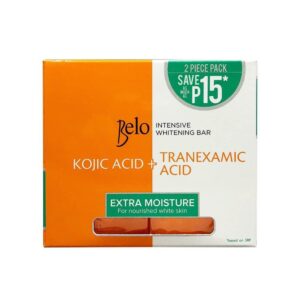 Belo Kojic Acid + Tranexamic Acid Extra Moisture Soap 2 × 65gKD2.500
Belo Kojic Acid + Tranexamic Acid Extra Moisture Soap 2 × 65gKD2.500 -
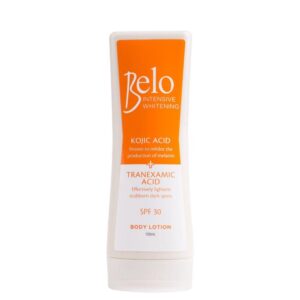 BELO Intensive Whitening Kojic Acid + Tranexamic Acid with SPF 30 Body Lotion – 200mlKD6.000
BELO Intensive Whitening Kojic Acid + Tranexamic Acid with SPF 30 Body Lotion – 200mlKD6.000 -
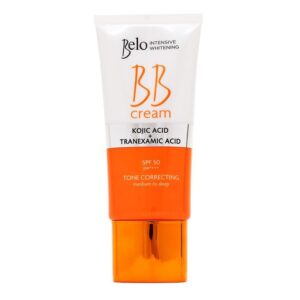 Belo BB Cream -Intensive Whitening Spf50 – 50mlKD6.000
Belo BB Cream -Intensive Whitening Spf50 – 50mlKD6.000 -
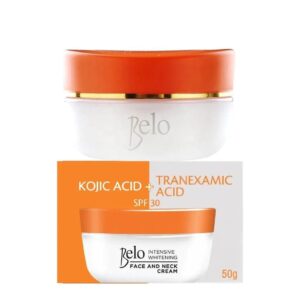 Belo Intensive Whitening Face and Neck Cream with Kojic Acid, Tranexamic Acid, and SPF 30 65gKD5.000
Belo Intensive Whitening Face and Neck Cream with Kojic Acid, Tranexamic Acid, and SPF 30 65gKD5.000 -
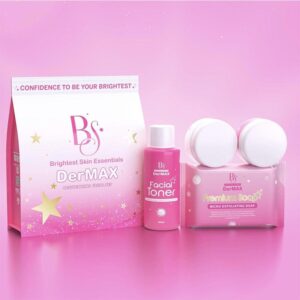 DerMAX Rejuvenating Set by Brightest Skin EssentialsKD7.000
DerMAX Rejuvenating Set by Brightest Skin EssentialsKD7.000
This summary comparison should help you make an informed decision about which ingredient is best for your skin concerns. Remember to always patch test any new product and follow the instructions carefully to ensure safe and effective use.


